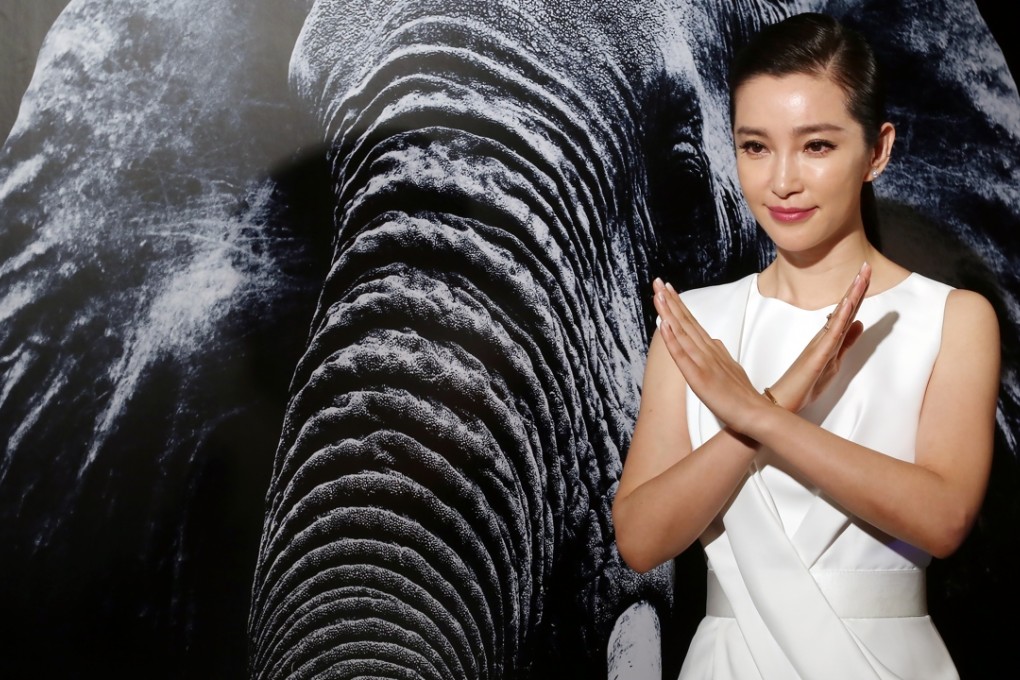With Hong Kong’s help, an end to the ivory trade is in sight
Cheryl Lo and Gavin Edwards say Hong Kong’s decision to phase out the local ivory trade is a major step to saving the world’s wild elephants

Elephants are struggling to survive in an uphill war against poaching. The largest animal on land is disappearing at an alarming rate. But 2016 started off with a glimmer of hope, as Hong Kong Chief Executive Leung Chun-ying promised during his policy address to “actively explore other appropriate measures, such as…phase out the local ivory trade”.
READ MORE: The illegal ivory trade: Hong Kong moves centre stage in seeking to beat the business
Over the past year, the Hong Kong government has undergone a major shift: from denying Hong Kong’s ivory market was causing elephant deaths, to admitting the ivory trade’s regulatory system is flawed, before becoming “open-minded” about an ivory ban, to announcing plans to ban ivory.

China is now moving quickly, with signs that the trade could end as soon as 2017
International momentum is growing, with Pope Francis, Britain’s Prince William and the UN General Assembly all speaking up against the illegal ivory trade. Remarkably, US President Barack Obama and Chinese President Xi Jinping (習近平) reached a consensus to halt their domestic ivory trade. China is now moving quickly, with signs that the trade could end as soon as 2017.

The disappearance of such majestic animals has devastating consequences for the fragile ecosystem
It is becoming harder to deny that it is totally impractical to govern a legal ivory trade. Evidence of system failures can be found in Hong Kong, the US, China and even Japan, which was renowned for having the best practices in controlling its ivory trade.
